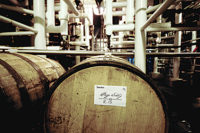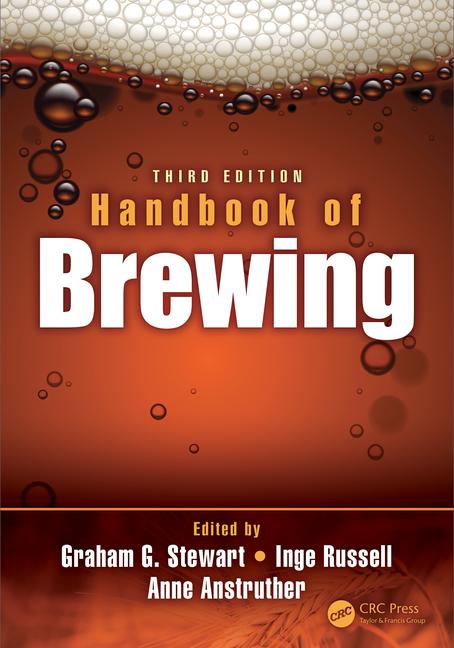Chicago-based MillerCoors announced that its Golden Brewery in Golden, Colo., now is landfill-free. Building on its experience in making four of its other breweries landfill-free, this latest achievement means that one of the largest breweries in the United States eliminated an average of 135 tons of waste monthly that was previously sent to a landfill, according to the company.
Beginning in 2011, MillerCoors began reducing the municipal waste sent from the Golden Brewery to a landfill, complementing process improvements with nearly $1 million in new infrastructure and equipment, including new choppers, bailers and compactors, the company says. Now, the brewery beneficially reuses or recycles 100 percent of its waste, including all glass, paperboard, plastics, metal and brewing byproducts, such as spent grain, it says. Residual refuse, such as cafeteria waste and floor sweepings, is sent to a waste-to-energy facility where it’s used as an alternative fuel source to generate electricity, the company adds.
"Environmental stewardship is part of our company DNA, and we challenge ourselves daily to be more sustainable throughout our operations," said MillerCoors Chief Executive Officer Tom Long in a statement. "Through our commitment to continuously improving, we've found a way to eliminate trips to the landfill and developed a zero-waste model that's scalable to our other facilities."
Longtime MillerCoors brewery employee Kelly Harris was a driving force in the efforts, the company says. As a shop floor technician, Harris noticed small process changes that could lead to large waste reductions. After conducting research, he developed and implemented a waste-reduction business plan that in 2010 led MillerCoors’ Trenton, Ohio, brewery to become the company's first landfill-free facility and the world's first zero-waste mega-brewery, it says. Three other MillerCoors breweries — Shenandoah, Va.; Irwindale, Calif.; and Eden, N.C. — also have achieved landfill-free status.
"There's a misperception that sustainable manufacturing is expensive, but employee behaviors are really the key to efficiently and affordably making the change," Harris said in a statement. "Working alongside brewery leadership, we developed a way to do things differently and implemented new manufacturing processes at the brewery. We've proven that there's an alternative place for all waste, even at one of the world's largest breweries."





